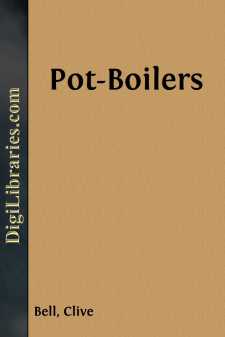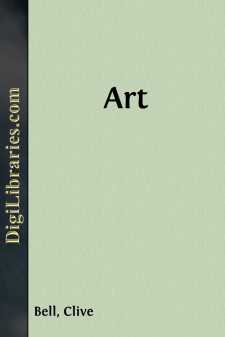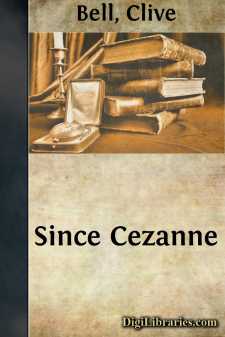Categories
- Antiques & Collectibles 13
- Architecture 36
- Art 48
- Bibles 22
- Biography & Autobiography 815
- Body, Mind & Spirit 144
- Business & Economics 28
- Children's Books 18
- Children's Fiction 14
- Computers 4
- Cooking 94
- Crafts & Hobbies 4
- Drama 346
- Education 58
- Family & Relationships 59
- Fiction 11829
- Games 19
- Gardening 17
- Health & Fitness 34
- History 1378
- House & Home 1
- Humor 147
- Juvenile Fiction 1873
- Juvenile Nonfiction 202
- Language Arts & Disciplines 89
- Law 16
- Literary Collections 686
- Literary Criticism 179
- Mathematics 13
- Medical 41
- Music 40
- Nature 179
- Non-Classifiable 1768
- Performing Arts 7
- Periodicals 1453
- Philosophy 65
- Photography 2
- Poetry 896
- Political Science 203
- Psychology 44
- Reference 154
- Religion 515
- Science 126
- Self-Help 85
- Social Science 82
- Sports & Recreation 34
- Study Aids 3
- Technology & Engineering 59
- Transportation 23
- Travel 463
- True Crime 29
Our website is made possible by displaying online advertisements to our visitors.
Please consider supporting us by disabling your ad blocker.
Pot-Boilers
by: Clive Bell
Description:
Excerpt
FOREWORD
Dear Geoffrey Whitworth,—Considering for how many ages how many clever people have been complaining of their publishers, you might have supposed that no device for getting one of them into a scrape could have been left untried. Yet, so far as I can remember, no author has had the bright idea of denouncing his publisher, particularly, and by name, as accessory before the fact. I am willing to suspect my memory rather than my profession of being at fault in this matter; but that the practice is uncommon is most certain and that, surely, is very strange. No author thinks twice of saddling his friend, his wife, his mother, or even his mistress with the responsibility of having been the onlie begetter of some feckless cub or monstrous abortion; but on his publisher, the very man he should wish to injure, who ever thought of fastening the offence? Yet you cannot deny, my dear Whitworth, that this book is your fault. I was all for abandoning the project after I had read Mr. Arnold Bennett's volume and recognized how much more readable his journalism was than mine: your reader, I suspect, was of like mind: it was you, and you alone, who, by enlisting my vanity, conquered my pride.
Of course in the end my vanity might have triumphed without you: it is not often or easily beaten.
"Obliged by hunger and request of friends,"I can imagine myself printing under that classic excuse, which has the merit of being in the grand literary tradition and as disingenuous as another; for in these days an author is not more hungry than every one else, and my friends would have been the first to pardon my silence. You may take it for certain, by the way, that when a man says he is publishing at the instance of two or three friends he means that he is offering the public what he knows that the public could have done perfectly well without. He means that he is printing neither to persuade nor to inform nor yet to express the truth that is in him, but simply to gratify an itch for such notoriety as the careless attention of a few thousand readers may be supposed to give. If I now contrive to escape the consequences of my own axiom it is thanks to you, My Publisher—or Publisher's representative must I say? (You are so very modest, my dear Whitworth, and so exact.) Naturally, by so obliging me you have made me your friend for life. But that was ex post facto.
I said just now that when I read Mr. Bennett's "Books and Persons," I was for abandoning a project about which, you will do me the justice of remembering, I was lukewarm from the first. I enjoyed immensely his lively papers and I felt pretty sure that no one would so enjoy mine. Your reader was good enough to point out some reasons, besides the obvious one, why this must be so; and in self-defence I am going to remind you of them. When Mr. Bennett wrote for the New Age he was a famous and full-grown author, very much at his ease, very much at his liberty, well aware that if he said what he pleased as he pleased his editor would be only too happy to print it....




